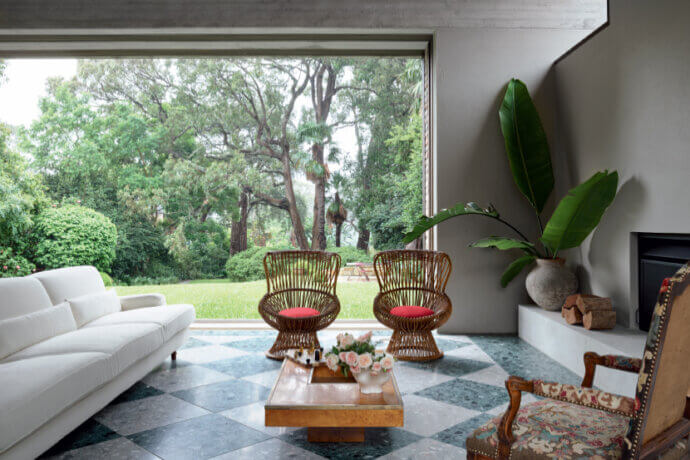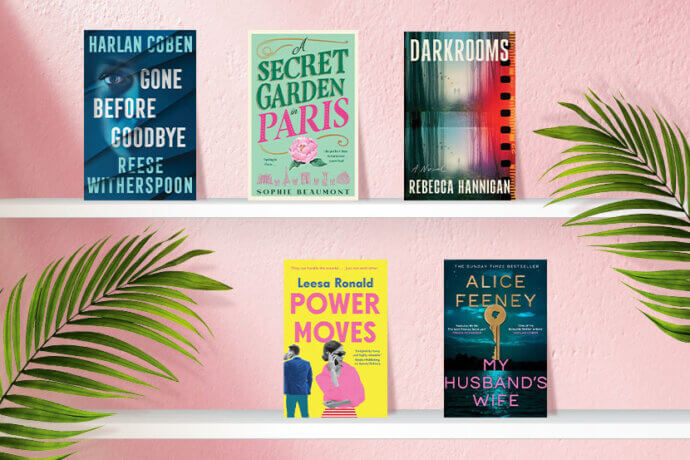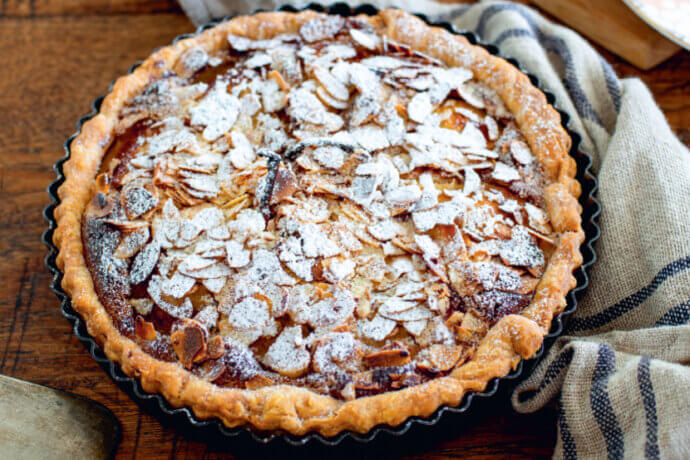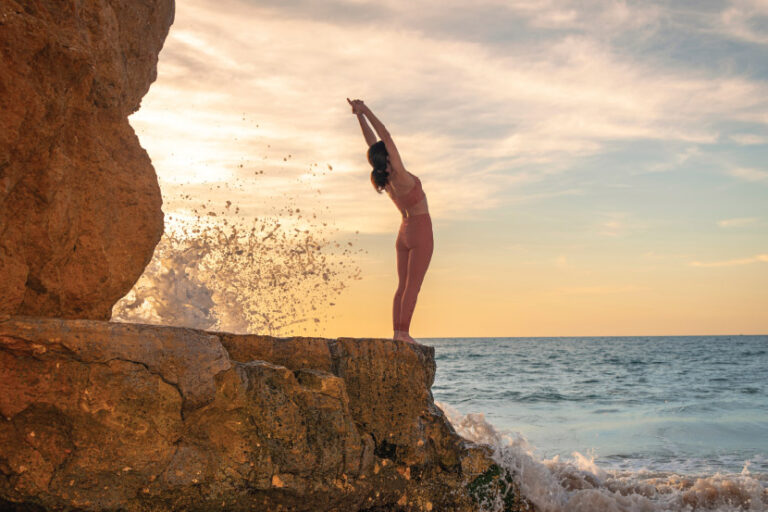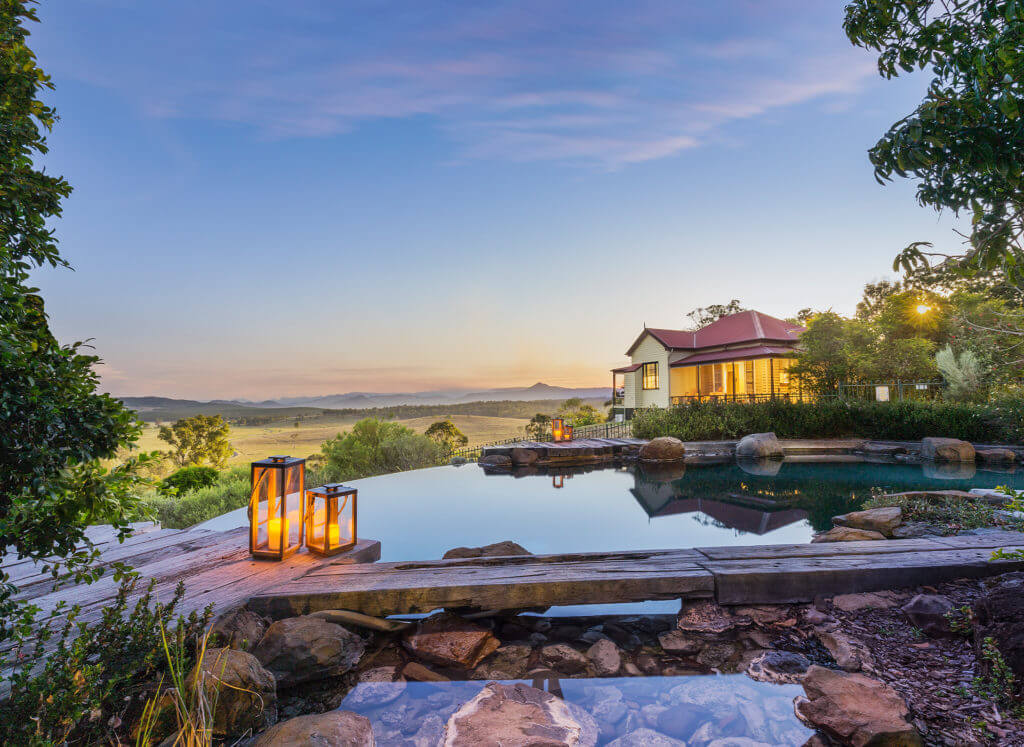
Your mindful escape doesn’t need to come at the cost of the environment.
You’re planning your next mindful holiday and you want to go somewhere luxurious, somewhere beautiful, somewhere relaxing. However, these things all seem to go hand-in-hand with wastage, environmentally unsustainable practises, and ultimately a guilty indulgence that contradicts the point of a mindful escape.
As people become increasingly knowledgeable about sustainability and the effect of environmentally unfriendly practises on a large scale, like that of a hotel or retreat, our choice of where to visit becomes more difficult. We all want to avoid large carbon footprints and be certain we aren’t adding to the plastic waste problem.
One of the key factors in pushing for a more eco-friendly future is that, while it’s important for each of us to take responsibility for our individual choices and their impact, it’s truly big businesses and corporations that have the most power to effect change for the planet. In fact, as consumers we ought to hold them accountable.
With nine difference retreats located in stunning bushland areas around the east coast of Australia, Spicers Retreats could easily offer a luxury experience that shirks this responsibility. But with a motto of ‘Spicers Luxury is Green not Gold’ that’s not the vision owner Jude Turner has for their future. So instead they’re leading the sustainable hospitality industry charge.
The sustainability roadmap
It all begins at the planning stage. Having established a Sustainability Steering Committee, Spicers Retreats have committed to a sustainability roadmap to 2030, with the ultimate goal of zero net waste and zero net emissions, plus a minimum standard of around thirty sustainability initiatives that applies to all retreats. These initiatives need to be in place by the end of this year.
Alice Dahlberg, the Spicers Retreats Sustainability Manager, shares, “The sustainability roadmap is the building block on top of the minimum standard, and each year we have initiatives that the retreats will implement. The first part is looking at reuse, resell, regift, compost and recycling possibilities to reduce our waste going into landfill.”
Green purchasing procedures also work to reduce the amount of packaging coming into the retreats in the first place. From working with their slipper provider to stop using individual plastic bags to sourcing refillable packaging for bulk amenities, and even working with vegetable, fish and meat suppliers on reusable, refillable containers and produce bags – what might seem like small changes ends up saving vast amounts of wastage.
Perhaps most importantly, every retreat has a dedicated Green Team leader driving their current sustainability initiatives and helping to add another ten new programs by March of 2020.
Eat local
When it comes to creating a viable sustainable retreat, plastic and packaging waste is just one part of the puzzle. Eating local, which is to say using native ingredients, locally sourced produce, and garden-to-table produce, has become the movement of the moment and it’s unlikely to fade away any time soon.
“We use the natural surroundings to source locally and grow our own herbs, fruit and vegetables. Some retreats have their own beehives to ensure a zero-food mile. We compost our waste and use the nutrients to put it back into the ground,” says Alice.
Not only that but by sourcing ingredients from local farmers, freshness is ensured while also supporting local business, jobs, and the community.
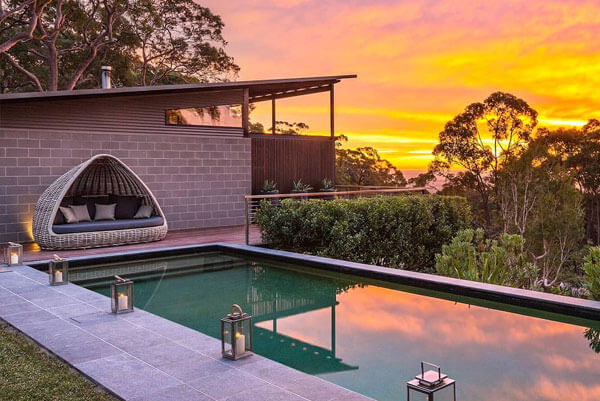
Taking the initiative
Adjusting attitudes, minds, and habits can be the hardest part of shifting to an eco-friendly philosophy. But when guests and staff adopt the ethos, change becomes empowering. Initiatives Spicers have introduced include:
- Banning plastic straws through the Last Straw Campaign.
- Partnering up with Scouts Recycling in Queensland when the Container for Change initiative was introduced in November 2018, collected over 35,000 bottles and cans in the first three months.
- Only serving filtered still and sparkling water instead of bottled water at restaurants.
- Bars of soap go to SoapAid to make new soap for communities in Australia and overseas that are facing major hygiene challenges.
- Recycling bed linen and towels from Eco-Linen. When the towels or bed linen have reached their useful life, they get sent back for recycling. The sheets and towels are shredded to be spun into new yarn and make new fabric that will be used to make new bed linen and towels to create a circular flow so that nothing will go into landfill.
- Partnering with charities and social enterprises such as The World’s Biggest Garage Sale and RizeUp. After soft refurbishments, the furniture is donated to these charities to enjoy a second life in a new home.
- The 99.9% organic waste diversion from landfill by 2020 is on track with establishment of compost service pickups, worm farms, onsite compost dehydrators and food scraps are also being used as feed-stock for our pigs and chickens.
Our choices matter, our voices matter
“Yes, people that chose to stay with us generally do it for our beautiful locations which are about getting back into nature and caring for their natural surroundings. We also ask our guests in our guest survey what it is about our retreats that they love, and a large amount advise that they love our approach to sustainability,” says Alice.
When we choose where we send our money, we can ask questions. Query what sustainability programs are in place, what their goals are, offer feedback, point out waste. Do your research while booking, not only about the cost-per-night, but what the retreat offers to the community around them. After all, with each economic choice you make, you’re empowering someone to make change within their business as well.
Locations like Spicers demonstrate that with the will to grow with support from patrons and the community, holidays and luxury escapes don’t need to exist at the cost of the environment you’re enjoying. So the next time you start planning an escape from the everyday, be sure to do your research on sustainable options that support local communities.
Visit www.spicersretreats.com for more information on their sustainability programs and luxury retreat locations.
This article was originally published in Issue 14 – Say It With Love. You can purchase this issue and enjoy more enchanting content here.


